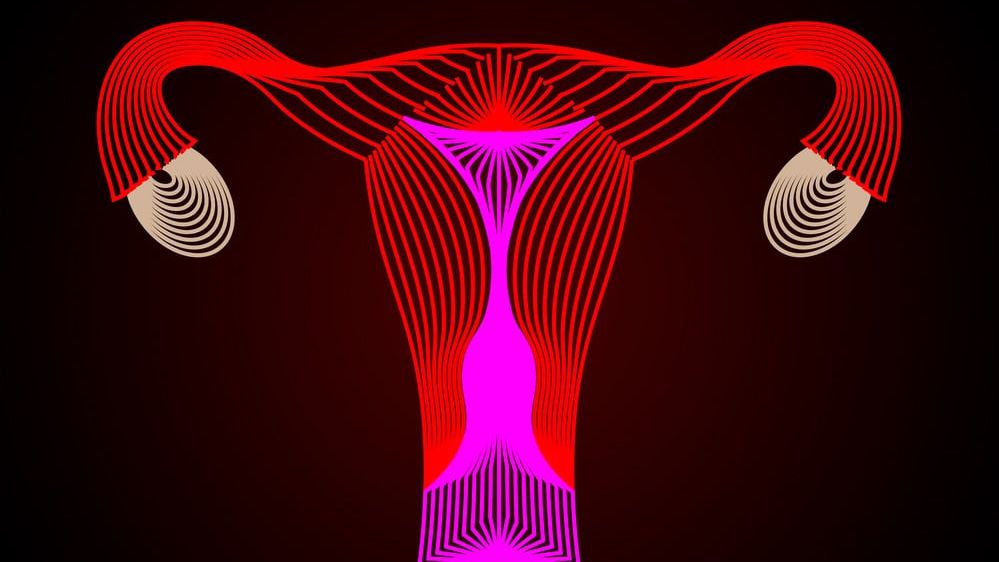Researchers have found that people who have had their ovaries removed before menopause may have a higher risk of infection Parkinson’s Disease at a more advanced age. This was inferred from data from more than 5,000 American women, including those who had had their ovaries removed and those who had not. In the case of those who underwent surgery, the chances of developing a neurodegenerative disease were five times greater.
Experts say the results do not prove a causal relationship, which means the surgery does not cause Parkinson’s disease. However, the study supports some older studies linking early estrogen loss to contributing to disease development, which gradually disrupts cells that produce dopamine, a chemical that helps control movement and emotional responses.
Parkinson’s disease, estrogen, and menopause
Parkinson’s disease causes everything from tremors, stiff limbs and coordination problems to depression, irritability and problems with memory and thinking — and it’s more common in men than it is in women. This is likely due to the protective effect of estrogen on the cells that produce dopamine. The female hormone is produced mainly in the ovaries, so it is removed by menopause It leads to a sudden drop in estrogen.
Previous research has linked bilateral oophorectomy, or removal of the ovaries, to a risk of developing Parkinson’s disease later in life, but the conclusion is not unanimous. This was one of the reasons for the current research, which studied 5,500 women in the US state of Minnesota. Half of them underwent a bilateral oophorectomy between 1950 and 2007, while the other half did not have the procedure and were the same age as their counterparts.
The surgery was performed on the participants to treat noncancerous conditions of the ovary — such as cysts or other abnormal tumors — and to reduce the risk of ovarian cancer. cancer in the member. In general, women who have had a hysterectomy, or removal of wombIt also ends up removing both ovaries to prevent this from happening cancer🇧🇷
The results showed that 1% of all women in the study had Parkinson’s diseaseAnd 1.5% had Parkinson’s, a condition in which some symptoms of the disease appear but for different reasons. There were more cases of Parkinson’s disease among the 2,750 women who had their ovaries removed – 32 times versus 21 in those who didn’t have the surgery – and Parkinson’s disease – 50 versus 32.
According to the data, age was a significant factor: those who had had their ovaries removed before age 43 were five times more likely to have the condition, a relationship that did not occur when the organ was removed at an older age. While this does not mean that having surgery will lead to Parkinson’s disease, the relationship does deserve attention from the scientific community.
Young women may be advised to have their ovaries removed when genetic mutations that increase the chances of this happening are detected cancer In the organ, a condition is usually fatal. However, those odds are low for most women, so scientists say removal only to prevent disease is not justified in the face of an increased risk of breast cancer. Parkinson’s Disease🇧🇷 It is highly recommended that you discuss the risks and benefits with your doctor, as always.
source: gamma network

“Wannabe internet buff. Future teen idol. Hardcore zombie guru. Gamer. Avid creator. Entrepreneur. Bacon ninja.”

